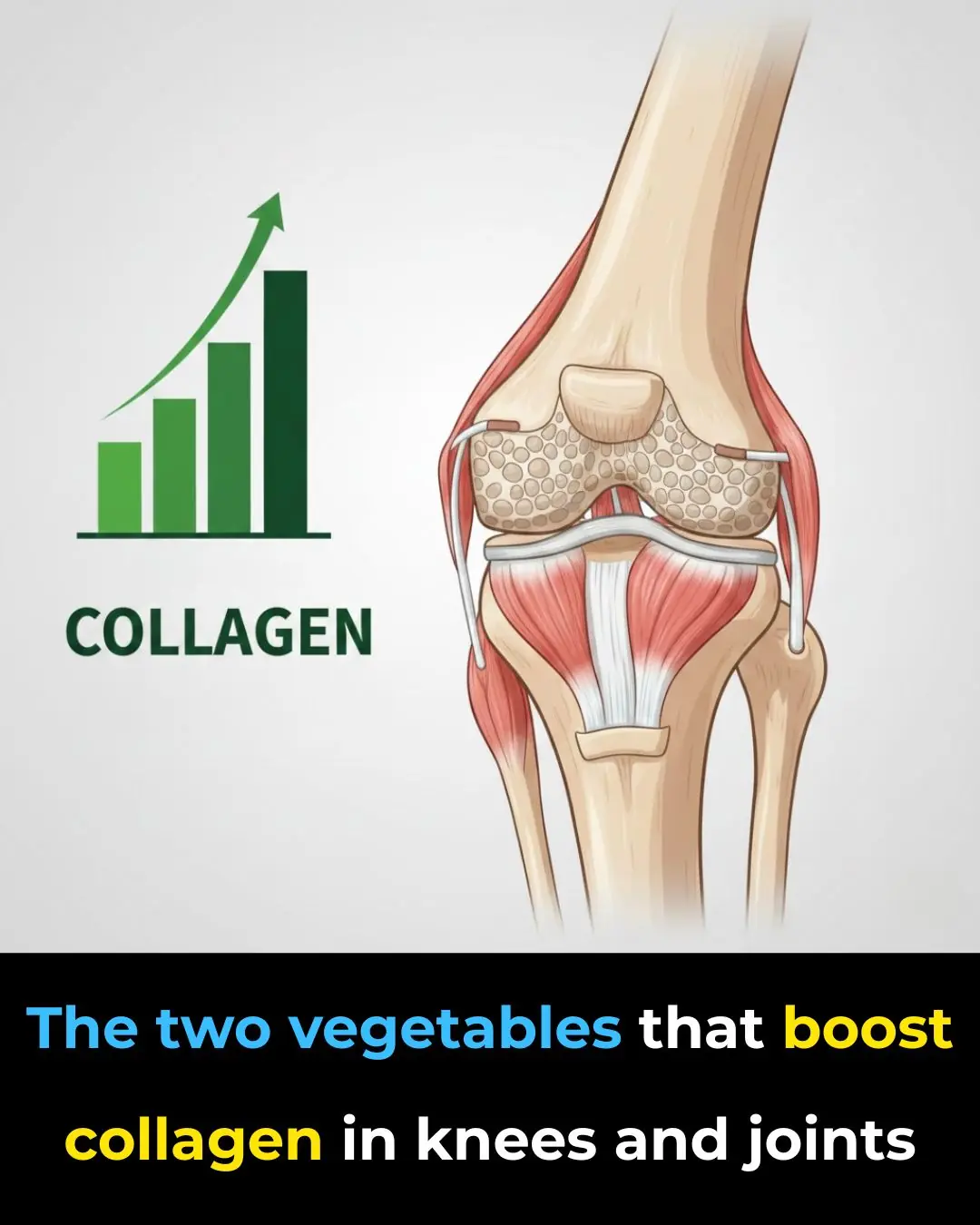
The surprising truth about eating eggs every day

When it comes to eggs, they’ve long been at the center of dietary controversy. At one point, experts warned against them due to concerns over cholesterol and heart disease. Then, years later, eggs were celebrated as a nutritional powerhouse — even labeled a “superfood” by many nutritionists.
So what’s the real story? Can you eat eggs guilt-free, or should you still be cautious? Let’s take a closer look at what modern research says about eggs and your health.
The Great Egg Debate: Past vs. Present
For decades, eggs were viewed with suspicion, mainly because of their high cholesterol content. It was once widely believed that dietary cholesterol directly raised blood cholesterol, leading to an increased risk of heart disease.
However, more recent studies have turned that idea on its head. Research now shows that for most healthy individuals, eating eggs does not significantly increase the risk of heart disease. In fact, many experts now agree that the primary dietary contributors to heart disease are trans fats, refined carbohydrates, and added sugars, not eggs.
This shift in understanding is largely based on the way our bodies handle cholesterol.
Understanding Cholesterol and Its Role in the Body
According to the Cleveland Clinic and HeartUK, cholesterol is a type of fat (lipid) that is vital for your health. It helps build cell membranes, produces hormones, and plays an essential role in brain and nerve function.
Here are a few key facts:
-
About 80% of your cholesterol is produced naturally by the liver. Only around 20% comes from the food you eat.
-
There are two main types:
-
HDL (High-Density Lipoprotein) – the “good” cholesterol that helps clear excess cholesterol from your bloodstream.
-
LDL (Low-Density Lipoprotein) – the “bad” cholesterol that can build up in your arteries as plaque and lead to heart disease.
-
The important thing to understand is that dietary cholesterol doesn’t affect blood cholesterol in most people as much as once believed. Your body tends to compensate by producing less cholesterol when you consume more through food.
So, Are Eggs Actually Good for You?
Yes — in moderation, eggs are not only safe, but they’re also incredibly nutritious. While one large egg contains about 186 mg of cholesterol, it’s low in saturated fat, which has a much stronger impact on raising LDL cholesterol levels than dietary cholesterol does.
Nutritional Highlights of Eggs:
-
High-quality protein with all nine essential amino acids
-
Omega-3 fatty acids (especially in pasture-raised or omega-enriched eggs)
-
Rich in essential vitamins: A, D, E, B12
-
Important minerals: selenium, folate, phosphorus
-
Choline, a nutrient that supports brain health, memory, and nervous system function
Health Benefits of Eating Eggs
Eating one or two eggs per day is generally safe for healthy people and may even offer a range of health benefits:
✅ Builds and repairs muscle – Excellent source of complete protein
✅ Supports brain function – Thanks to choline and B vitamins
✅ Promotes eye health – Contains lutein and zeaxanthin, antioxidants that reduce the risk of cataracts and macular degeneration
✅ Aids in weight management – High in protein and helps you feel fuller longer
✅ Boosts immunity – With key nutrients like vitamin D and selenium
✅ Supports heart health – In moderation, eggs can be part of a heart-healthy diet
How to Enjoy Eggs the Smart Way
Eggs are extremely versatile and easy to cook. Whether you prefer them scrambled, poached, boiled, or sunny-side-up, they can be incorporated into a variety of meals throughout the day.
You can also:
-
Add eggs to salads or grain bowls
-
Use them in baking to boost protein
-
Cook omelets with vegetables for a nutrient-packed breakfast or dinner
If possible, choose pasture-raised or omega-3-enriched eggs, as they tend to have higher levels of nutrients compared to conventionally raised eggs.
The Verdict: Don’t Fear the Egg
Eggs have gotten a bad rap in the past, but science now supports their place in a healthy, balanced diet. For most people without pre-existing conditions (such as familial hypercholesterolemia or certain types of diabetes), consuming eggs in moderation is not only safe — it's beneficial.
So next time you’re wondering what to make for breakfast, don’t hesitate: crack an egg and enjoy all the good it has to offer.
News in the same category


Doctors reveal that consuming pumpkin causes in...

Should you eat sprouted potatoes or not?

Doctors reveal that eating onion causes...

Doctors reveal that eating green onions causes …See more

What Really Happens to Your Body When You Sit Too Much

Natural Healing at 60: The Banana Peel, Poleo & Turmeric Drink That Changed My Life

Red Onion Revolution: 3 Irresistible Rituals for Explosive Hair Growth & Thickness

Lemongrass–Guava Leaf Tea: 13 Powerful Benefits You Need to Know

🏠 8 Household Items That Could Be Affecting Your Health (And How to Check Them Safely at Home)

Red Bumps That Look Like Goosebumps

Forget Knee Pain! A Simple Home Remedy with Sea Salt Doctors Don’t Talk About

What Happens After 15 Minutes?

The Surprising Health Benefits of Boiled Eggs

🚨 Recurrent Yeast Infections? STOP Doing These Things Immediately!

Doctors Are Amazed: Two Vegetables That Boost Collagen in the Knees and Relieve Joint Pain

Doctors warn 5 everyday habits are slowly killing your kidneys

9 Powerful Home Remedies to Eliminate Fungal Infections (Daad, Khaj, Khujli) Naturally and Fast

Longevity doctor who ‘reversed his biological age’ shares advice for people over 30

Tea for Swollen Legs: A Natural Remedy for Water Retention and Poor Circulation
News Post

“Do You Even Know What a Piano Is?” He Laughed.

The Child Who Spoke the Truth and the Woman Who Finally Won

I was waiting for the final kick to my ribs. Instead, I heard the sound of a bone breaking.

He Went Outside to Stop a Stray. He Found a Baby.

Henbit (Lamium amplexicaule): Identification, Benefits, and Homemade Uses

12 Benefits of Bull Thistle Root and How to Use It Naturally

Wild Lettuce Root – Benefits, Uses, and Natural Pain Relief Properties

Chanca Piedra Tea: Benefits, Uses, and How to Prepare Stone Breaker Tea Naturally

Tulsi Oral Health Benefits: Natural Protection Against Cavities, Gum Issues & Bad Breath

Unlock Crystal-Clear Vision with Cuban Oregano: Natural Eye Remedies That Transform Your Sight

They Threw Trash at the Orphan Girl in the Gym. Then Her Father Walked In, and Nobody Laughed Again.

Doctors Reveal That Eating Bell Peppers Frequently Causes..

Doctors reveal that consuming pumpkin causes in...

Should you eat sprouted potatoes or not?

Doctors reveal that eating onion causes...

Doctors reveal that eating green onions causes …See more

What Really Happens to Your Body When You Sit Too Much

Teen Slaps Girl at Skate Park—Her Dad Was Right There

Player Hits Cheerleader During Game—Then Learns Who Her Dad Is
